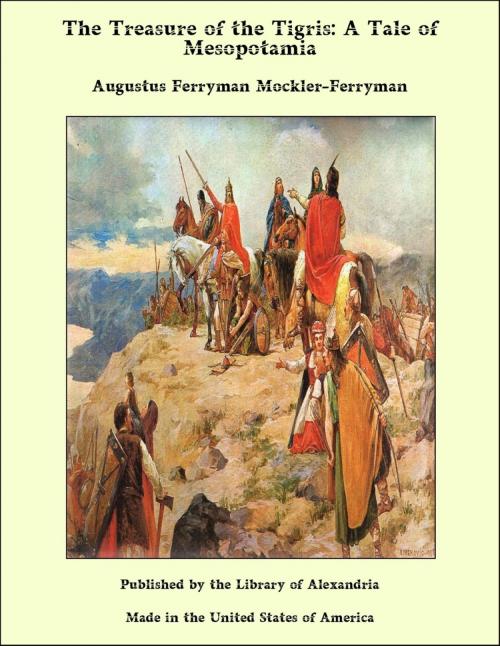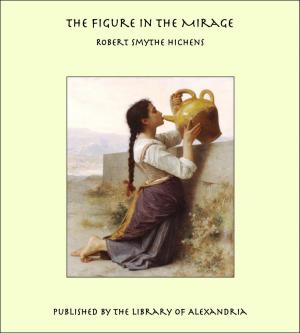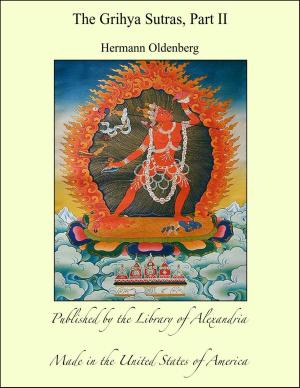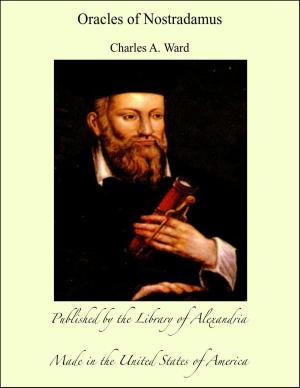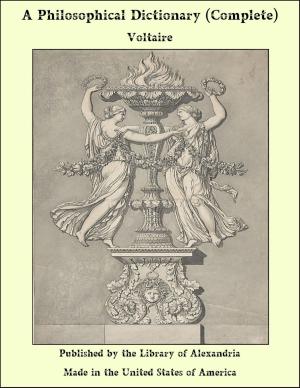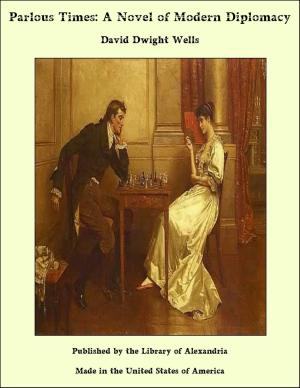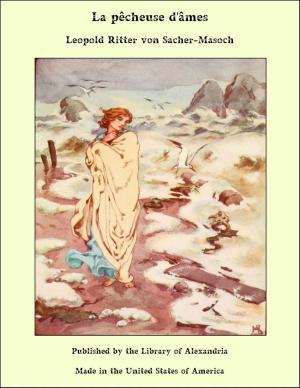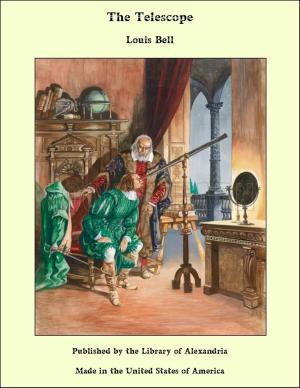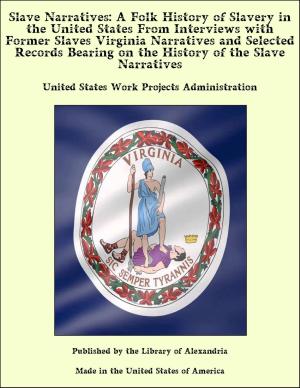The Treasure of the Tigris: A Tale of Mesopotamia
Nonfiction, Religion & Spirituality, New Age, History, Fiction & Literature| Author: | Augustus Ferryman Mockler-Ferryman | ISBN: | 9781465619785 |
| Publisher: | Library of Alexandria | Publication: | March 8, 2015 |
| Imprint: | Language: | English |
| Author: | Augustus Ferryman Mockler-Ferryman |
| ISBN: | 9781465619785 |
| Publisher: | Library of Alexandria |
| Publication: | March 8, 2015 |
| Imprint: | |
| Language: | English |
First of all, I must explain how it happened that I, Walter Henderson, whom, I have every reason to believe, my masters regarded as a very ordinary kind of boy, should have blossomed within a couple of years of leaving school into a person of some importance. I say this with all modesty, though my enemies will doubtless cast it in my teeth that no modest man would write a book about himself. On events which prevented my getting a commission in the Army, after nearly having completed my course at Sandhurst, I do not propose to dwell. At the time I considered the whole affair to be an error of judgment, though my father ascribed it to lack of brains and too much cricket. Be all that as it may, the fact remains that before I was twenty, all my military ambition had been nipped in the bud, and I was incarcerated in the back premises of that imposing but dreary-looking old building, the British Museum. My uncle, Professor Ambrose Wentworth, had taken compassion on me, and had appointed me his private secretary, at a nominal salary. It was not at all the sort of life that I had mapped out for myself, as I had fully made up my mind to be a soldier, as most of my ancestors had been; and, as a matter of fact, had it not been for my mother's entreaties, I should have enlisted directly I left Sandhurst. My uncle's particular line was Babylonian history, and probably no living man knew more about history tablets, cylinder seals, and such like things, than did he. As was, perhaps, only natural in a man whose whole existence was wrapped up in deciphering cuneiform inscriptions and hieroglyphics, he wrote an almost illegible hand, and it was my duty to make fair copies of all his letters and documents—a task which I found not only most uncongenial but also decidedly difficult. However, I did my best, and my uncle was always kind and considerate; but I could see that he was disappointed that he had been unable, at the end of a year, to make me enthusiastic in the matter of his hobby. At last came the day when I really thought that I could stand the life no longer. It was towards the end of November; we had had a fortnight of dreary fogs and drizzling rain, during which time I had worked by artificial light continuously, and as I took my seat at my desk I made up my mind that this day should be my last at the British Museum. Whether my uncle observed my dejection, or whether his archæological researches had produced in him the faculty of seeing through a brick wall, I cannot say, but when he entered the room in which I was at work, he came up to me and laid his hand gently on my shoulder.
First of all, I must explain how it happened that I, Walter Henderson, whom, I have every reason to believe, my masters regarded as a very ordinary kind of boy, should have blossomed within a couple of years of leaving school into a person of some importance. I say this with all modesty, though my enemies will doubtless cast it in my teeth that no modest man would write a book about himself. On events which prevented my getting a commission in the Army, after nearly having completed my course at Sandhurst, I do not propose to dwell. At the time I considered the whole affair to be an error of judgment, though my father ascribed it to lack of brains and too much cricket. Be all that as it may, the fact remains that before I was twenty, all my military ambition had been nipped in the bud, and I was incarcerated in the back premises of that imposing but dreary-looking old building, the British Museum. My uncle, Professor Ambrose Wentworth, had taken compassion on me, and had appointed me his private secretary, at a nominal salary. It was not at all the sort of life that I had mapped out for myself, as I had fully made up my mind to be a soldier, as most of my ancestors had been; and, as a matter of fact, had it not been for my mother's entreaties, I should have enlisted directly I left Sandhurst. My uncle's particular line was Babylonian history, and probably no living man knew more about history tablets, cylinder seals, and such like things, than did he. As was, perhaps, only natural in a man whose whole existence was wrapped up in deciphering cuneiform inscriptions and hieroglyphics, he wrote an almost illegible hand, and it was my duty to make fair copies of all his letters and documents—a task which I found not only most uncongenial but also decidedly difficult. However, I did my best, and my uncle was always kind and considerate; but I could see that he was disappointed that he had been unable, at the end of a year, to make me enthusiastic in the matter of his hobby. At last came the day when I really thought that I could stand the life no longer. It was towards the end of November; we had had a fortnight of dreary fogs and drizzling rain, during which time I had worked by artificial light continuously, and as I took my seat at my desk I made up my mind that this day should be my last at the British Museum. Whether my uncle observed my dejection, or whether his archæological researches had produced in him the faculty of seeing through a brick wall, I cannot say, but when he entered the room in which I was at work, he came up to me and laid his hand gently on my shoulder.
